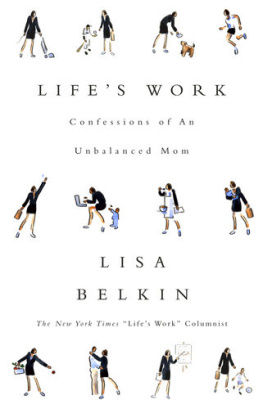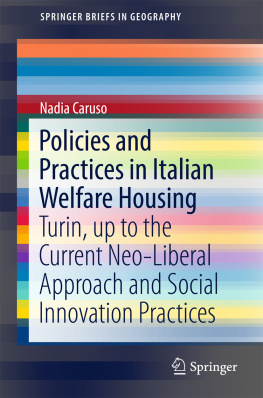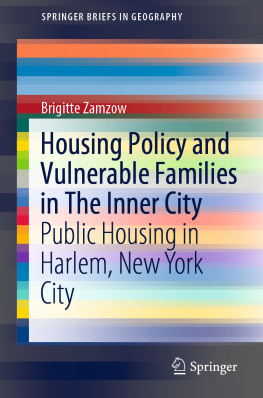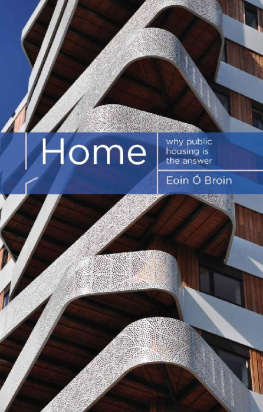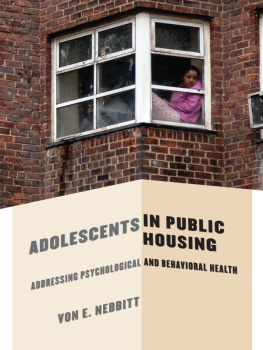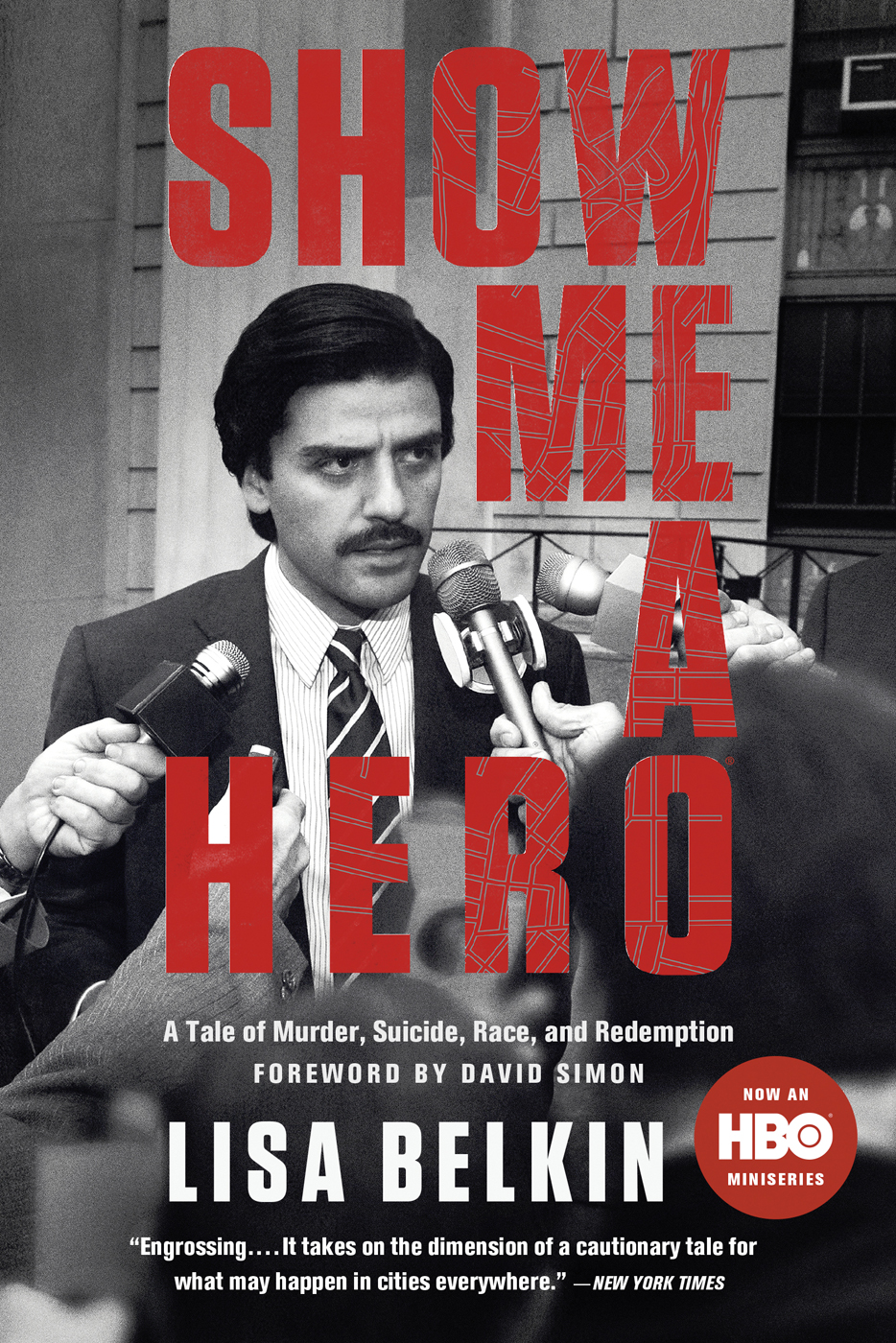Thank you for buying this ebook, published by HachetteDigital.
To receive special offers, bonus content, and news about ourlatest ebooks and apps, sign up for our newsletters.
Copyright 1999 by Lisa Belkin
Foreword copyright 2015 by David Simon
Epilogue, 2015 copyright 2015 by Lisa Belkin
Cover art 2015 by Home Box Office, Inc. All rights reserved. HBO is a service mark of Home Box Office, Inc.
Cover copyright 2015 by Hachette Book Group, Inc.
All rights reserved. In accordance with the U.S. Copyright Act of 1976, the scanning, uploading, and electronic sharing of any part of this book without the permission of the publisher constitute unlawful piracy and theft of the authors intellectual property. If you would like to use material from the book (other than for review purposes), prior written permission must be obtained by contacting the publisher at permissions@hbgusa.com. Thank you for your support of the authors rights.
Little, Brown and Company
Hachette Book Group
1290 Avenue of the Americas, New York, NY 10104
littlebrown.com
twitter.com/littlebrown
facebook.com/littlebrownandcompany
First ebook edition: August 2015
The publisher is not responsible for websites (or their content) that are not owned by the publisher.
The Hachette Speakers Bureau provides a wide range of authors for speaking events. To find out more, go to hachettespeakersbureau.com or call (866) 376-6591.
ISBN 978-0-316-39140-5
E3
Belkin makes clear how complicated a task it is to serve all members of a community equally, a question that will likely only become more pressing as the racial population of the United States becomes more balanced, and the once-popular method of isolating and concentrating public housing is increasingly viewed as a failure. Show Me a Hero is a painstakingly researched chronicle. Belkins subjects are well-developed characters, and there is an edgy honesty in their disclosures of flaws, addictions, and once-held prejudices.
Lise Funderburg, Philadelphia Inquirer
Belkin is a masterful storyteller. She displays that rare combination of empathy, compassion, and the critical eye of a seasoned journalist. Show Me a Hero angers and inspires, and stands as a searing reminder that raceand yes, heroesstill very much matter.
Alex Kotlowitz, author of There Are No Children Here
Belkins skill in the art of quick-paced suspense makes for engrossing reading.
Patricia J. Williams, Seattle Post-Intelligencer
This is the book of a reporter rather than that of a partisan or of one who has really been persuaded by either side. Belkin knows there is no simple answer.
Nathan Glazer, New York Times Book Review
An infectious page-turner. Lisa Belkin has written a wrenching social tragedy. Her real terrain is human nature, which she navigates with both compassion and unflinching honesty.
Samuel J. Freedman, author of The Inheritance
Belkins gritty book is a vivid slice of urban politics, racial tension, and the difficulties inherent in realizing the American dream. Belkin follows the housing battle through the eyes of its participants: fearful white residents of the east side; black public housing tenants anxious to escape the misery of the west-side projects.
Publishers Weekly
Riveting deeply illuminating. A cautionary tale that illustrates the urgency of rethinking our public housing policy. Like a journalist covering a war zone, Belkin vividly follows the battle as Yonkers residents split angrily on this emotional issue.
Kirkus Reviews
Belkins strength lies in her inclination to search for each characters humanity, her understanding of how the complexities of family and community politics offer few simple choices and even fewer clear judgments.
James Grossman, Newsday
Show Me a Hero brings empathy and intelligence to bear as Belkin dramatizes the powerful effect on individual lives.
Elle
Belkin spent six years researching Yonkers era of contempt. She deftly captures the political aspects of the conflict, but she also writes at length about the individual lives affected by it. The richest profiles in the book are those of the low-income Yonkers citizens, the struggling, hardworking single mothers and disabled grandmothers who yearn to live in a neighborhood where they dont have to fear for their lives. Show Me a Hero is a tragic story, tinged with hope, about how race and class are still the defining factors of community in this country.
Gil Jose Duran, San Jose Mercury News
Lifes Work
First, Do No Harm
To my guys,
Alex, Eva, and Bruce,
who make our house a home
Show me a hero, and I will write you a tragedy.
F. Scott Fitzgerald
G reed and fright are not the hallmarks of our great national adventure, or so we assure ourselves whenever we take stock of American history, American mythology, or any combination of the two. Our sense of our own exceptionalism wont trifle with such lesser human currency.
Instead, our greatness as a people, as the last and best approximation of self-government on this wanting and desperate planet, is the central and overarching assumption. We believe we have cornered the market on personal freedom, on human liberty, on moralism and even glory. We are all building something here. And we believe that we are building it as sole proprietors of maximized free willeach of us, on our own, and without regard to the next person. And yes, in the end, if left to our own individual devices, what we build collectivelythough without any sense of a collectivewill surely be great and lasting.
Money and fear are sufficient to make men and women stupid everywhere else in the world, but were Americans, goddammit. We know intimately the chemistry of such base elements and have little to worry about as we mix up and burn this heavy, leaden fuel. Our entire political dynamic now runs on this stuff, day after day, with no problem too large or obstructive to the national interest that its solution cant be denied or prevented through greed and selfishness.
National health care, gun violence, the death of our working class, draconian law enforcement and mass incarceration, global warmingis there a problem of long standing in this country that we are now capable of facing squarely, much less addressing? Not if the right people can be paid, and the wrong people, frightened. Our politics has seen to it.
In the city of Yonkers, New York, in 1987, they were very afraid. And worse than that, they were afraid for their moneyand their property, which they had worked so hard to obtain, and which they believed the next man had not. That fear, and the money that was on the table for white homeowners, was more than enough fuel to make the governance of a city of two hundred thousand soulsthough not its politicsimpossible.


